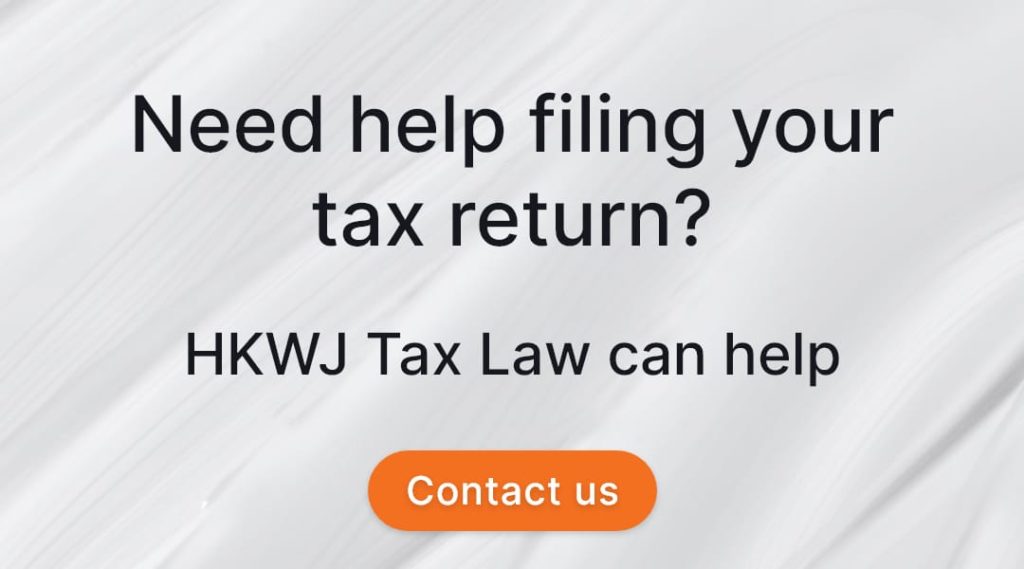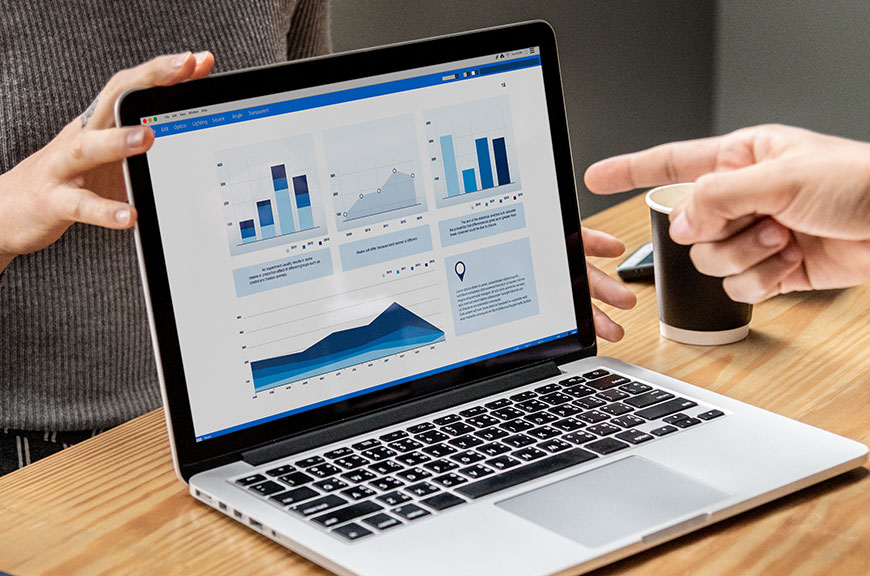Personal Assessment in Hong Kong Explained
In this article we’ll explain what personal assessment means in regards to Hong Kong tax and how it works.
What is personal assessment?
Personal assessment is a calculation method for tax, which may reduce the tax liability for certain individual taxpayers.
Under the Inland Revenue Ordinance (IRO) in Hong Kong, there are three types of taxes: Salaries Tax, Profits Tax and Property Tax.
If an individual taxpayer is subject to Profits Tax and/or Property Tax and/or Salaries Tax, they may elect personal assessment. It is important to note that there is no merit in choosing personal assessment if you are only subject to Salaries Tax.
When electing for personal assessment, there is only one assessment as opposed to separate assessments under Salaries, Profits and/or Property Tax.
All the income subject to the three tax types is aggregated to a single assessment, calculated at standard rate of 15% or progressive rates ranged from 2% to 17%. Tax will then be charged at the lower amount under the said two calculations. This method of computation under personal assessment may result in a reduced tax liability compared to separate assessments.
Who is eligible for personal tax assessment in Hong Kong?
From the year of assessment 2018/19 onwards, an individual may elect for personal assessment if:
(1) they are 18 years of age or over, or under that age if both of the parents are dead; and
(2) they are either ordinarily resident in Hong Kong or a temporary resident.
Available deductions and allowances under personal tax assessment
Under personal assessment, you may deduct the following from your aggregated income:
- Interest payable on money borrowed to acquire a property used for letting
- Approved charitable donations
- Self-education expenses
- Elderly residential care expenses
- Home loan interest
- Mandatory employee contributions to MPF schemes
- Contributions to recognised occupational retirement schemes
- Qualifying premiums paid under the Voluntary Health Insurance Scheme (VHIS) policy
- Qualifying annuity premiums and tax-deductible MPF voluntary contributions (TVC)
- Business losses incurred in the year of assessment
- Losses brought forward from previous years under personal assessment
- Personal allowances, such as:
- Basic allowance (applicable to all taxpayers in Hong Kong, except when a Married Person’s allowance has been claimed)
- Married Person’s allowance
- Child allowance
- Dependent Brother/Sister allowance
- Dependent Parent/Grandparent allowance
- Single Parent allowance
- Disabled Dependent allowance
- Personal Disability allowance
Tax rate used for personal assessment
The balance after deducting personal allowances and deductions is the Net Chargeable Income. The net chargeable income will be taxed at the same progressive rates as the Salaries Tax rates, which are:
| Net Chargeable Income (in HKD) | Rate |
| 0-50,000 | 2% |
| 50,001-100,000 | 6% |
| 100,001-150,000 | 10% |
| 150,001-200,000 | 14% |
| Above 200,001 | 17% |
Alternatively, the balance after deducing deductions, but not personal allowances, (being net assessable income) will be taxed at the standard rate of 15%.
Tax will be charged at the lower amount from the above two tax calculations.Should you have paid any tax already on the income included in the assessment, a credit will be given. In case you paid more tax than chargeable under personal assessment, a refund of the difference will be given.
Can personal assessment reduce my tax liability?
It depends on the following factors:
- amount and nature of your income;
- amount of eligible deductions and personal allowances entitled;
- whether you have losses incurred from the sole proprietorship/partnership business, if any
In many cases, it is indeed advantageous to elect for personal assessment. However, since the highest progressive rate reaches 17%, which is higher than the standard rate of 15% applied on property rental income and business profits under separate assessment, it may be disadvantageous for taxpayers with a large income to elect for personal assessment. See the computing examples below.
Married couple treatment under personal assessment
From the year of assessment 2018/19 onwards, married persons can elect for personal assessment separately from or jointly with their spouse.
If a married couple elects for personal assessment jointly, both spouses must have income assessable to tax. Each individual’s net chargeable income will be aggregated with that of their spouse to calculate the total joint income for assessment purposes.
The tax payable is then proportionally allocated based on each spouse’s respective (individual) income. A notice of assessment will be issued to each spouse.
Computing examples
Taxpayer subject to profits tax and has business profit
Mr P is single. His assessable profits from his sole proprietorship business for the year of assessment 2021/22 were $280,000. During the year, Mr P bought a property that he used as his dwelling. The interest he paid up to 31 March 2022 on a bank loan secured over a mortgage of that dwelling amounted to $60,000.
Personal Assessment Not Elected
| $ | |
| Assessable profits | 280,000 |
| Profits tax payable (at standard rate of 15%) | 42,000 |
| Less: 100% tax reduction (capped at $10,000)* | 10,000 |
| Tax payable | 32,000 |
Personal Assessment Elected
| $ | $ | |
| Assessable profits | 280,000 | |
| Less: Home loan interest | 60,000 | |
| Less: Basic allowance | 132,000 | 192,000 |
| Net chargeable income | 88,000 | |
| Tax thereon (at progressive rates) | 3,280 # | |
| Less: 100% tax reduction* | 3,280 | |
| Tax payable | 0 |
* For 2021/22, 100% of the final tax payable under profits tax, salaries tax and tax under personal assessment would be waived, subject to a ceiling of $10,000 per case.
# Tax calculated under standard rate of 15% is $33,000 [i.e. ($280,000 – $60,000) x 15%], which is higher than the tax of $3,280 calculated under the progressive rate. Hence, tax of $3,280, instead of $33,000, is applied.
If Mr P elects for personal assessment, he may claim deductions for home loan interest and personal allowance and get total tax savings of $32,000 (i.e. $32,000 – $0).
Taxpayer Subject to Salaries Tax and Profits Tax
Mr J is single. The assessable profits from his sole proprietorship business for the year of assessment 2021/22 were $280,000. For that year, he also received a salary of $360,000 from employment.
Personal Assessment Not Elected
| $ | |
| Assessable profits | 280,000 |
| Profits tax payable (at standard rate of 15%) | 42,000 |
| Less: 100% tax reduction (capped at $10,000)* | 10,000 |
| Tax payable | 32,000 |
| Salaries income | 360,000 |
| Less: Basic allowance | 132,000 |
| Net chargeable income | 228,000 |
| Tax thereon (at progressive rates) | 20,760 |
| Less: 100% tax reduction (capped at $10,000)* | 10,000 |
| Salaries tax payable | 10,760 |
| Total Tax Payable ($32,000 + $10,760) | 42,760 |
Personal Assessment Elected
| $ | |
| Assessable profits | 280,000 |
| Salaries income | 360,000 |
| Total income | 640,000 |
| Less: Basic allowance | 132,000 |
| Net chargeable income | 508,000 |
| Tax thereon (at progressive rates) | 68,360 # |
| Less: 100% tax reduction (capped at $10,000)* | 10,000 |
| Tax payable | 58,360 |
* For 2021/22, 100% of the final tax payable under profits tax, salaries tax and tax under personal assessment would be waived, subject to a ceiling of $10,000 per case.
# Tax calculated under standard rate of 15% is $96,000 (i.e. $640,000 x 15%), which is higher than the tax of $68,360 calculated under the progressive rate. Hence, tax of $68,360, instead of $96,000, is applied.
Mr J has to pay $15,600 more ($58,360 – $42,760) if he elects for personal assessment because of the following:
- His tax is calculated at progressive rates on income from all sources under personal assessment. The highest marginal tax rate applied to him is 17%, which is higher than the standard rate of 15% applied to his business profits under separate assessment;
- The tax reduction of $10,000 is only entitled to once under personal assessment, while the same tax reduction can be entitled twice under both profits tax and salaries tax
HKWJ Tax Law can help
At HKWJ Tax Law, we have skilled tax consultants with more than 45 years of combined experience. Our tax services include filing the tax return for you or reviewing it before submitting.
Our team is always up-to-date on the latest regulation and will gladly advice you on whether personal assessment is advantageous for you.
Don’t hesitate to contact us via the form below.







